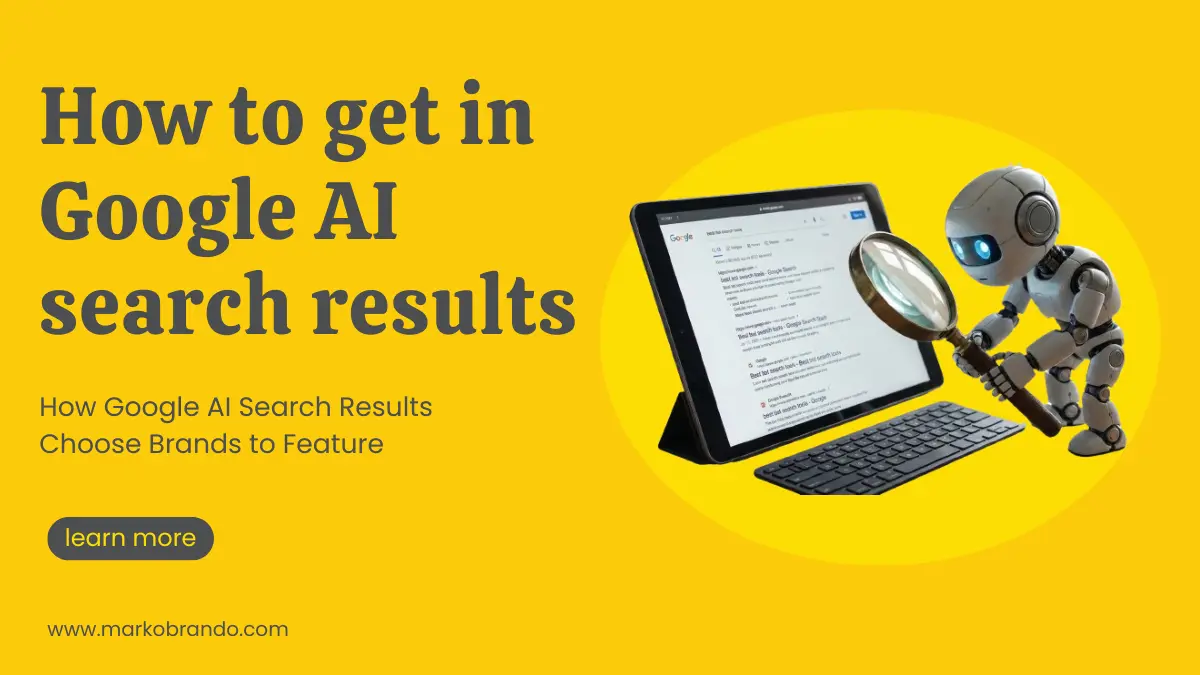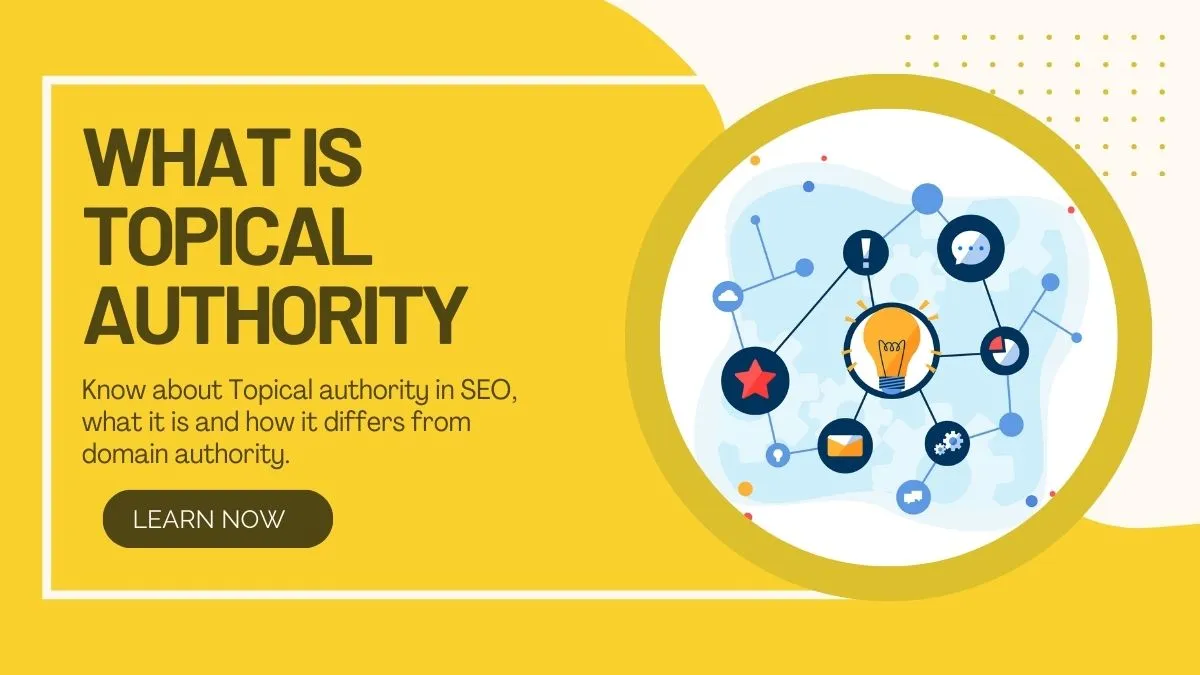
What's Generative Engine Optimization (GEO) & How To Do It
There’s a new buzz in the digital marketing space, and it’s not just another trend that’ll fade by next quarter. As AI tools like ChatGPT, Gemini, and Claude start recommending businesses, blogs, and brands instead of just listing links, the rules of visibility have shifted. If your content isn’t making it into AI-generated responses, you’re basically invisible to a growing part of your audience. That’s where generative engine optimization services enter. It’s not just about ranking anymore—it’s about appearing in the answers.
Let’s understand how to optimize for AI search, why GEO vs SEO is the new comparison you need to care about, and how you can optimize content for ChatGPT and other AI-driven systems.
What is Generative Engine Optimization (GEO)?
Generative Engine Optimization, or GEO, is the practice of optimizing content so that it shows up in responses generated by AI tools. Unlike traditional search engines like Google, where results are shown in a list of links, generative engines like ChatGPT respond with paragraphs that directly answer user queries. GEO aims to ensure your brand or content is referenced within those AI responses.
This concept began picking up momentum in 2023 as businesses realized that AI chatbots were becoming the first point of content discovery. Companies offering generative engine optimization services now help brands align with how AI models retrieve and present data.
Check this out: Top Google Ranking Factors in 2025 (With Data)
Why GEO Isn’t Optional Anymore?
AI isn’t replacing search—it’s reshaping it. Users are turning to tools like ChatGPT for quick, accurate answers. If your content isn’t structured to be recognized and recommended by these tools, you're missing a major audience segment.
Think about it: ChatGPT doesn’t link out unless prompted. It summarizes and responds. GEO ensures that your brand is embedded in those summaries. That’s a powerful shift in online presence and trust-building.
Role of AI in Search Engines: How Search Got Smarter
AI-driven tools are trained on massive datasets and user behavior. They know what people ask and what kind of answers they prefer. With voice assistants and AI chatbots becoming more integrated into daily routines, people want conversational answers, not long lists of links.
That demand created the need for content that’s not just SEO-optimized, but also structured and written in a way that AI can interpret, remember, and reuse. This demand led to the emergence of generative engine optimization services.
Inside the Mind of the Machine: How Generative AI Works
Generative AI models, like ChatGPT, analyze billions of data points and generate coherent responses based on training data and contextual prompts. Unlike search engines that crawl and index websites in a straightforward manner, AI models analyze content quality, relevance, authority, and how often the content appears in related topics.
So, if your content structure, schema, and phrasing aren’t optimized, even great content might be skipped over in responses. That’s why how to optimize for AI search has become a hot topic in content strategy discussions.
GEO vs SEO: The Showdown of the Search Era
How is GEO similar to SEO?
Goal Alignment: Both aim to increase visibility.
Keyword Relevance: Just like SEO, GEO relies on context-rich keywords.
Content Quality: High-quality, authoritative content performs well in both.
To know more, click here — SEO for International Websites: Targeting Global Audiences
How is GEO different from SEO?
Target Platform: SEO targets search engine rankings; GEO targets AI-generated content responses.
Link Focus: SEO focuses on link building; GEO focuses on mention and inclusion within AI output.
Optimization Tactics: GEO demands a conversational, FAQ-rich, and well-structured content style. SEO prioritizes metadata, backlinks, and traditional ranking signals.
If you're still using only traditional SEO strategies, you're already behind in the GEO vs SEO game.
Benefits of Generative Engine Optimization Services
Increased AI Visibility: Appear in ChatGPT’s answers, not just Google's pages.
Higher Authority Perception: If AI tools reference your brand, users automatically view you as a credible source.
Future-Proofing Content: As AI becomes a default search assistant, GEO will be a must-have.
Improved Content Structure: GEO forces content to be more structured, making it readable both by humans and machines.
Knowing how to optimize for AI search now can give you a huge edge over competitors still catching up.
How to Optimize Content for ChatGPT and Other AI
To appear in AI-generated responses, your content needs to speak the AI’s language—clear, structured, and relevant. Here’s how to do it:
Use Conversational Queries: Frame content around questions real users ask, like “What are the benefits of...” or “How to...”. This increases chances of being pulled into AI’s natural responses.
Structure with Purpose: Use headings, subheadings, bullet points, and numbered lists. Generative engines prefer well-organized content that’s easy to break down and summarize.
Add Contextual Brand Mentions: Don’t force keywords—place your brand name naturally where it adds value. AI picks up on relevance and tone, not just keyword stuffing.
Write for Human-AI Balance: Ensure your content is informative, conversational, and free of fluff. AI models are trained to identify clarity and coherence.
Update Regularly: Keep content fresh and relevant. AI prefers recent and regularly updated information, especially for dynamic industries.
Use Schema Markup: Help AI understand your content type—articles, FAQs, reviews—using structured data. This improves recognition.
To optimize content for ChatGPT, think like a helpful expert writing for a smart assistant—and your content will land right where it should.
The Future of GEO
As AI continues to evolve, so will the way users interact with content. Voice assistants, AI-powered devices, and embedded search tools in apps will rely heavily on AI-generated responses. That means GEO is not just a temporary hack—it’s a long-term shift in content marketing.
With search engines integrating AI-powered snapshots (like Google's SGE) and tools like ChatGPT dominating information searches, generative engine optimization services are the new SEO.
Who Can Help You Get Started?
If you're wondering where to begin, Marko & Brando, a leading Digital Marketing Company in Kolkata, is at the forefront of this change. Known for offering some of the best GEO services in Kolkata, we help brands tailor content strategies specifically for AI visibility. From content structuring to schema optimization, Marko & Brando ensures your business gets noticed—not just by people, but by the machines shaping modern discovery.
Whether you're a startup or an enterprise, partnering with experts who understand how to optimize for AI search gives your brand a lasting advantage.
Final Byte
Traditional SEO won't vanish, but GEO is rapidly becoming just as important—if not more so. Brands that embrace generative engine optimization services early are more likely to win trust, visibility, and authority in an AI-driven digital space.
As you rethink your content strategy, keep this checklist in mind: focus on structured, informative content; target conversational queries; and choose a reliable Digital Marketing agency to guide your shift from SEO to GEO.
Because the next time someone asks an AI for a recommendation—your name should be in the answer.

Article by
Marko & Brando
For businesses looking for impactful digital marketing services, Marko & Brando is the name to trust. Our data-driven strategies ensure maximum ROI, helping your brand reach new heights. Experience the power of digital transformation with our expertise.






